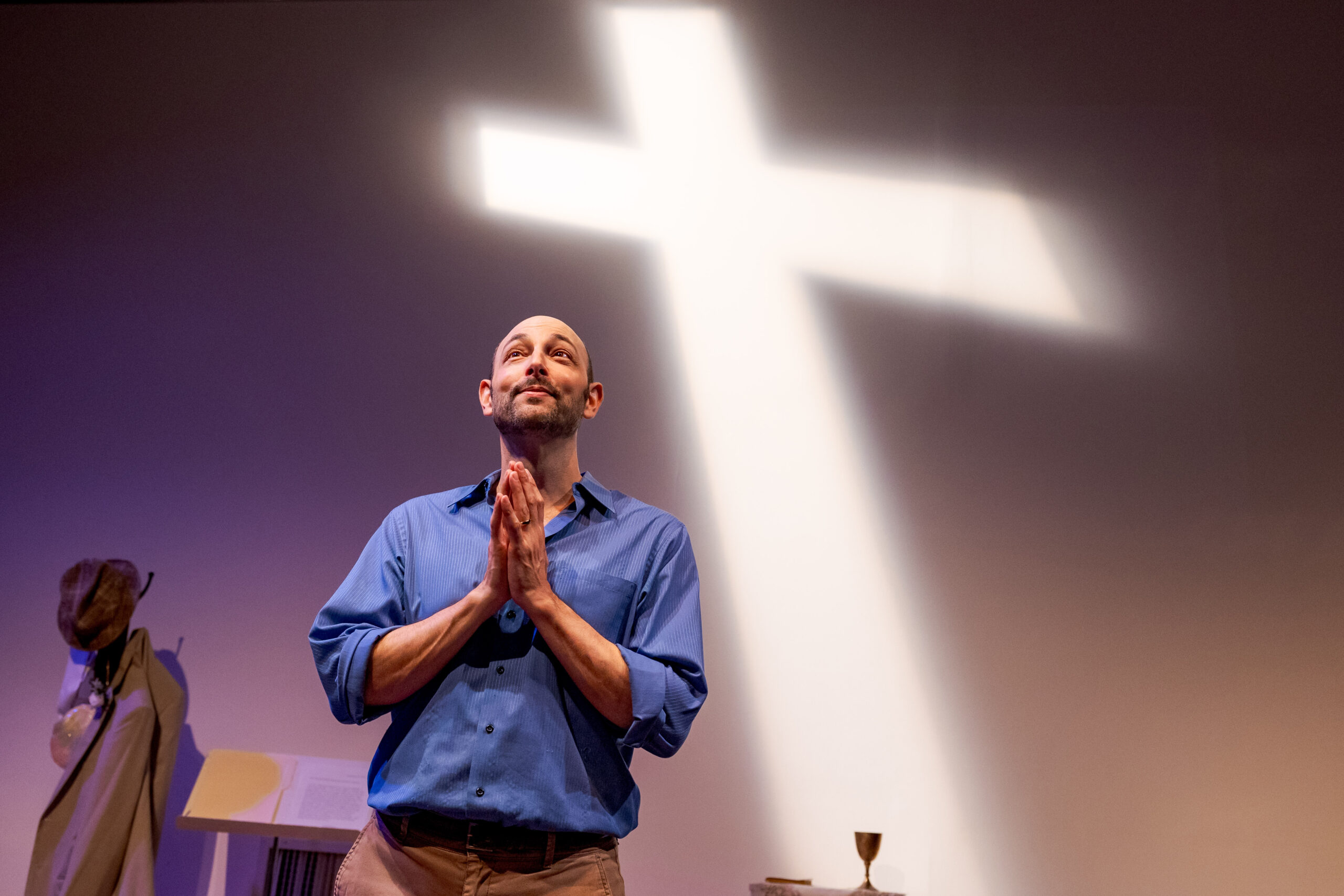The phrase “ministerial exception” sounds innocuously bureaucratic, but this seeming footnote to employment law has real and divisive stakes for religious institutions and their workers. As several courts, including the Supreme Court, have ruled, religious institutions and schools have wide leeway to hire and fire those they deem ministers, including many lay employees—even those with no formal pastoral role, training, or duties, let alone the title “minister.”
Framed as a matter of religious liberty, this principle has led courts to overrule employees’ ADA-based claims of discrimination against religious churches and schools, not to mention the even more polarizing issue of discrimination on the basis of sexual orientation. This last use of the “ministerial exception,” to essentially purge gay teachers, has already claimed several jobs. And as a front in a larger culture war that is only likely to heat up in the coming years, this has ominous implications for any LGBTQ folks employed by churches or religious schools.
Matthew LaBanca’s case has not seen the inside of a courtroom, but the versatile actor/writer is now litigating it theatrically in his moving one-man show “Communion,” now playing at a cozy theater in Chelsea through December 8. A longtime music director at Corpus Christi Church in Woodside, Queens, and since 2015 a music teacher at St. Joseph Catholic Academy in Long Island City, LaBanca was fired from both posts by the Diocese of Brooklyn in 2021 after legally marrying his partner, Rowan Meyer. The diocese specifically cited the ministerial exception, though LaBanca’s job titles were music teacher and parish music director. Offered a settlement with a non-disclosure agreement attached, LaBanca instead opted to walk away with the freedom to speak out about his experience, which he has done in various media since then.
LaBanca also follows the steps of a dance that many queer Christians know all too well, of hiding in plain sight, living openly in small circles if not to the larger public.
In “Communion,” LaBanca is speaking in his native tongue, as it were: A performer with Broadway credits, he is a natural theatrical animal, and in the nearly-in-the-round space of Nancy Manocherian’s the cell theatre, he sings, dances, even leads us in song via a transparency projector, giving us a glimpse of his engaging teaching style. Under director Kira Simring, and with the help of Ryan Belock and Julian Kelley’s projection design and Julianne Merrill’s sound design, he takes us through the journey that led him from a creative childhood to Broadway, then to his music-leading positions within the warm if tentative embrace of the faith institutions he came to take for granted—until he no longer could.
Indeed, “Communion” traces a subtly distinctive arc. This is not a typical coming-out narrative, as LaBanca doesn’t recount being made to feel ashamed or unwelcome as a young gay Catholic. Touchingly, he traces his sexual self-knowledge to the childhood moment when a clutch purse of his mother’s just seems to fit over his arm, and, seemingly of its own accord, his pinky finger pokes up jauntily over his limp wrist.
LaBanca also follows the steps of a dance that many queer Christians know all too well, of hiding in plain sight, living openly in small circles if not to the larger public. This entails a few moments of sweet suspense, as when he accidentally invites his entire church choir to a tell-all one-man show about his personal life, and one parishioner, denoted with a newsboy hat and a Queens accent, first looks stone-faced, then stammers out unconditional approval: “I loved all of it.” As LaBanca marvels, “They loved me for all of me. I never expected that.”
Though he tells himself, “The church is not God,” the sacrament that gives his show its title is still only available within those doors.
Even so, LaBanca does not advertise his same-sex marriage at his workplaces. But when a video of his wedding dance with his husband surfaces on social media, an agonizing inquisition ensues—the kind in which the authority figures seem sincerely pained by their duty to bring down the hammer, as if it’s an inevitability over which they have no control. This maddening pattern later plays out with his parishioners, who, after his firing, continually stop him on the street to say, “We wish you were still here.” In one of the show’s most stunning moments, LaBanca voices to us the profane, angry response he’d like to give in the face of such passivity.
This is where the show’s reservoir of shame and guilt boils over—not over LaBanca’s sexuality but over his complicity in maintaining the closet, in his living not-quite-out within an institution that doesn’t accept him fully, thereby implicitly assenting to that second-class status. It is a shameful complicity that is widely shared by cis and straight clergy and churchgoers, too many of whom look the other way as their religious institutions seek to purge sexual minorities from their ranks.
LaBanca now teaches at a nearby public school, from whose windows he can see the tower of Corpus Christi and hear its bells peal. Though he tells himself, “The church is not God,” the sacrament that gives his show its title is still only available within those doors. But the more metaphorical communion of gathering in a space to sing, teach, and share each other’s company—that is still thankfully available to him, and to all of us. For now, as LaBanca puts it, “Theater is my church.” Amen to that.



